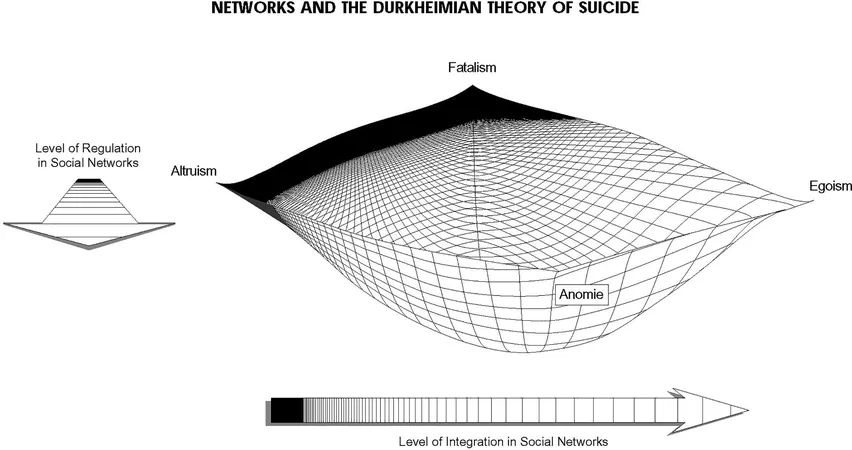
Quiver Bioscience Makes Groundbreaking Strides in Fragile X Syndrome Research with New Publication
2024-11-22
Author: Li
Quiver Bioscience Makes Groundbreaking Strides in Fragile X Syndrome Research with New Publication
**CAMBRIDGE, Mass.** – Quiver Bioscience, a pioneer in discovery technology and therapeutic development for serious central nervous system (CNS) disorders, has announced a significant breakthrough with the publication of a peer-reviewed article in *Nature Communications Biology*. This landmark study explores the application of Quiver's innovative "Genomic Positioning System" (GPS) to drug discovery efforts targeting Fragile X Syndrome (FXS), a leading cause of intellectual disability and autism spectrum disorder.
Details of the Study
Titled “Deep functional measurements of Fragile X syndrome human neurons reveal multiparametric electrophysiological disease phenotype,” the paper presents a robust model of human neurons derived from individuals affected by FXS using Quiver's advanced technology. FXS stems from the loss of the FMR1 gene, which encodes the Fragile X Messenger Ribonucleoprotein (FMRP) vital for normal brain function. The condition afflicts approximately 1 in 7,000 males and 1 in 11,000 females, leading to developmental delays, seizures, and communication difficulties. Alarmingly, there are currently no approved therapies for this debilitating disorder.
Key Findings and Techniques
The publication highlights how Quiver's cutting-edge, high-throughput all-optical electrophysiology platform was instrumental in identifying distinct functional differences in neurons afflicted with Fragile X. Using induced pluripotent stem cells (iPSCs) from multiple FXS patients and their neurotypical relatives, researchers employed CRISPR/Cas9 genome editing to observe neuronal functions at an unprecedented resolution across 20 cell lines. The findings showcased the potential for accurately pinpointing disease-relevant cellular features that can be rescued by restoring normal FMRP levels, making this cellular assay particularly valuable for screening small molecule compounds.
Expert Insights
Dr. James Fink, lead author of the study, remarked, “The scalability and sensitivity of our approach make it the optimal system for investigating human FXS disease biology and uncovering new drug targets.” This research not only enhances understanding of FXS but also positions Quiver to leverage its innovative platform in developing targeted therapies for a range of neurological disorders.
Dr. Graham Dempsey, corresponding author, added, “Our Brain GPS creates an entirely novel data layer for the biopharma industry, bridging the gap between genetic changes and clinical outcomes through deeper insights into neuronal dysfunction.” He expressed eagerness to collaborate with partners to deliver differentiated medicines to those affected by this challenging disorder.
Quiver's Commitment
Quiver Bioscience is committed to transforming CNS therapeutic avenues by harnessing advanced single-cell imaging and multi-omics technologies. Their goal is to construct an unparalleled map of neuronal insights via the Genomic Positioning System, ultimately aiming to introduce effective and novel treatments for patients in need.
With exciting progress like this, the future of therapeutic discovery for Fragile X Syndrome and potentially other CNS disorders looks promising. Stay tuned as Quiver continues to push the boundaries of neuroscience and drug development.
For more information about their work, visit [Quiver Bioscience's website](http://www.quiverbioscience.com).





 Brasil (PT)
Brasil (PT)
 Canada (EN)
Canada (EN)
 Chile (ES)
Chile (ES)
 España (ES)
España (ES)
 France (FR)
France (FR)
 Hong Kong (EN)
Hong Kong (EN)
 Italia (IT)
Italia (IT)
 日本 (JA)
日本 (JA)
 Magyarország (HU)
Magyarország (HU)
 Norge (NO)
Norge (NO)
 Polska (PL)
Polska (PL)
 Schweiz (DE)
Schweiz (DE)
 Singapore (EN)
Singapore (EN)
 Sverige (SV)
Sverige (SV)
 Suomi (FI)
Suomi (FI)
 Türkiye (TR)
Türkiye (TR)